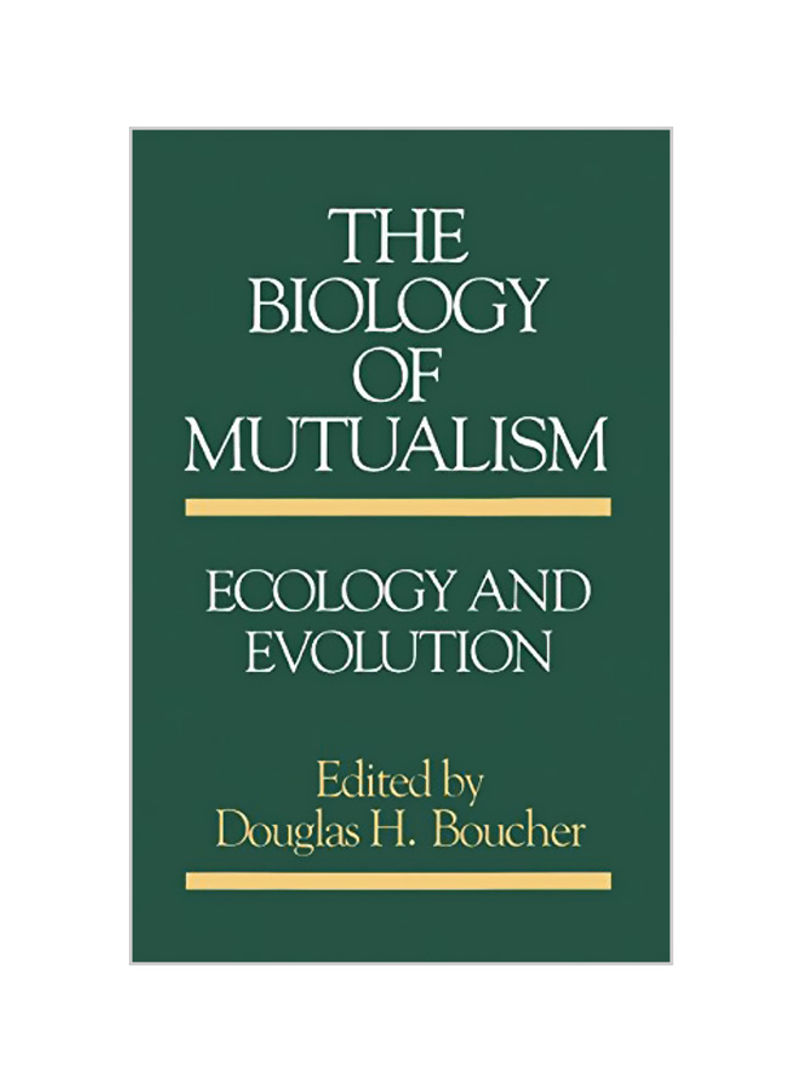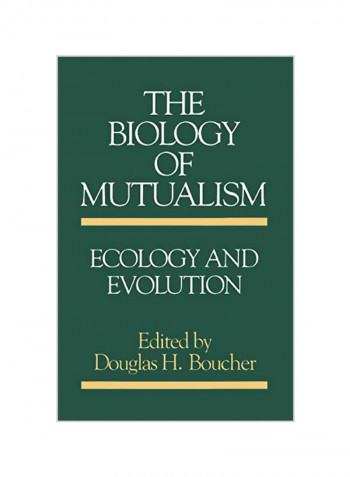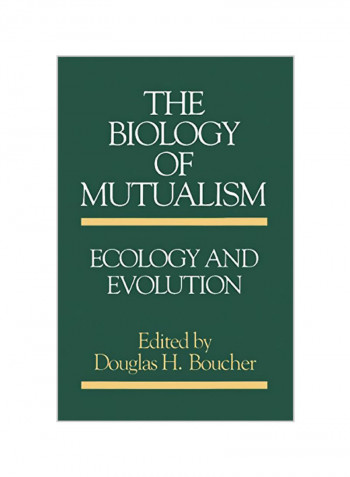The Biology Of Mutualism: Ecology And Evolution Paperback
Recommend
Sort by
Rating
Date
Specifications
Author 1
Douglas H. Boucher
Book Description
The view of nature as `red in tooth and claw', as a jungle in which competition and predation are the predominant themes, has long been important in both the scientific and popular literature. However, in the past decade another view has become widespread among ecologists: the idea that mutualisms-mutually beneficial interactions between species-are just as important as competition and predation. This book is one of the first to explore this theme. Ideas and theories applicable to all sorts of mutualisms are presented and, where appropriate, examined in the light of concrete data. Themes explored include: the organisms involved, both animal and plant; how specializations evolved once mutualisms formed; how mutualisms affect population dynamics and community structure; and the role of mutualisms in different environments. The book will be of special interest to ecologists and a wide range of biologists.
ISBN-13
9780195053920
Language
English
Publisher
Oxford University Press, USA
Publication Date
19-12-1989
Number of Pages
400
About the Author
About the Author Douglas H. Boucher is a Professor at the Department of Biological Sciences, University of Quebec.
Editor 1
Douglas H. Boucher
Editorial Review
A useful book that illustrates the diversity of questions and approaches that are developing in the study of mutualism. -American Scientist "A very useful summary of what is known about mutualisms....required reading for everyone interested in species interactions." -Ecology "After decades of neglect, mutualism finally is receiving the attention it deserves from ecologists and evolutionists. The Biology of Mutualism is the first edited volume in many years devoted to the subject....An interesting and balanced short history of mutualism." -The Quarterly Review of Biology "Excellent...A useful technical contribution richly studded with biological data, historical references, and thoughtful theoretical insights." -Choice



